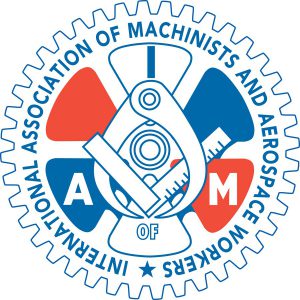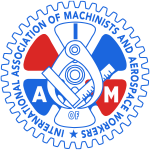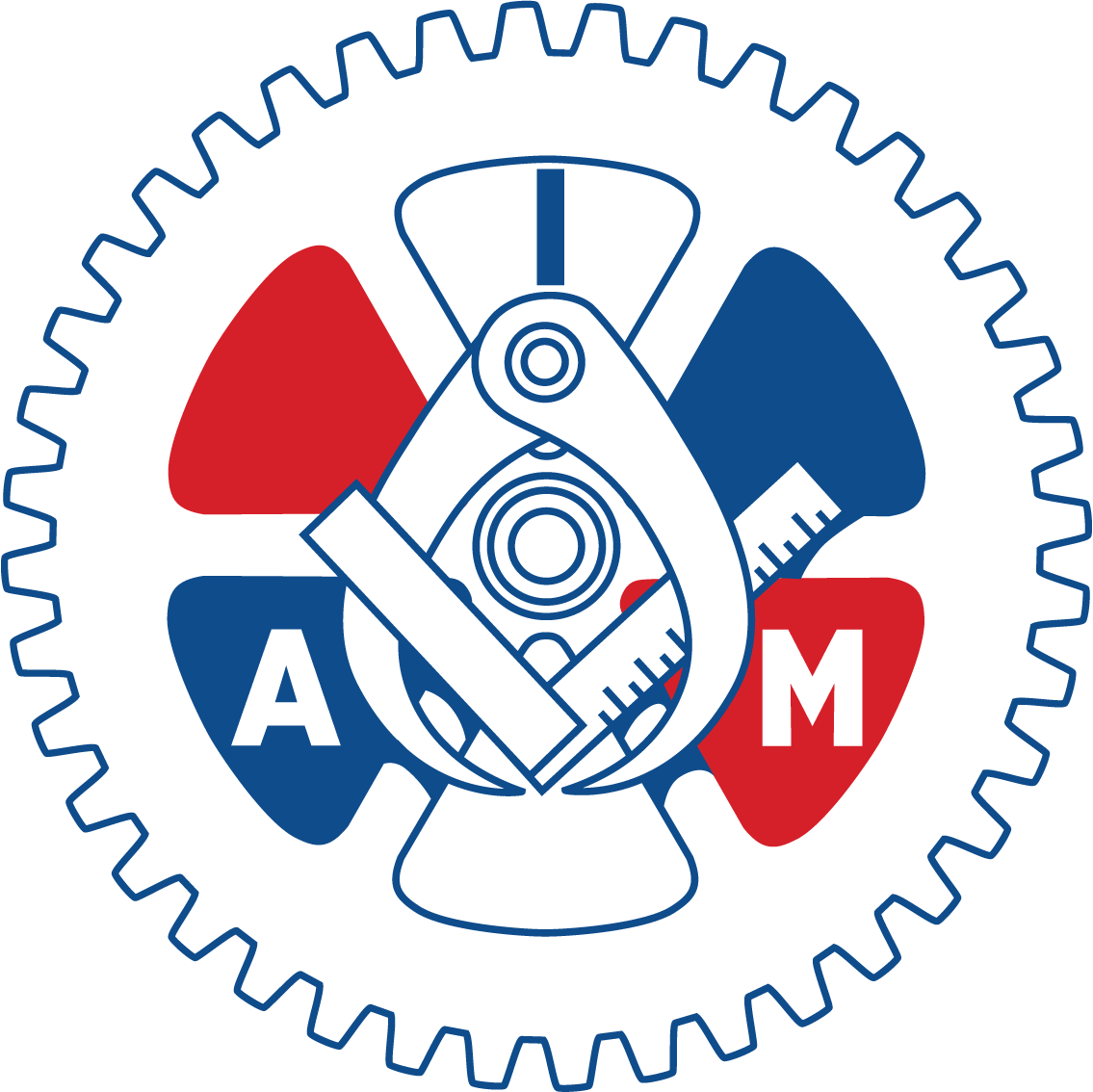
U.S. Reps. Melanie Stansbury (D-N.M.) and Jamaal Bowman (D-N.Y.) have introduced the proposed Rail Worker and Community Safety Act, which calls for mandatory two-person rail crews on all Class Is and other federal rail safety regulations.
Over the past year, the nation has been witness to a distressing number of train derailments, exceeding 1,000 in total. One of the most devastating incidents occurred in East Palestine, where an entire town was exposed to harmful substances due to a catastrophic derailment. The Rail Worker and Community Safety Act has been introduced with the aim of addressing the root causes behind these train derailments nationwide, with a specific focus on implementing Precision Scheduled Railroading (PSR).
Precision Scheduled Railroading (PSR) is a strategy devised by railroad carriers with the primary goal of maximizing profits at any cost, jeopardizing the safety of our communities. The PSR approach revolves around reducing staff, worsening working conditions, and running longer trains, among other policies, ultimately resulting in record profits for Class I rail carriers’ executives and shareholders. PSR prioritizes financial gains over the well-being of people and poses a significant threat to the safety of both our communities and rail workers. For instance, the tragic incident in East Palestine can be directly linked to various safety shortcomings associated with PSR, including fewer workers, longer trains, and inadequate safety measures, all of which substantially increase the risk of derailments, especially those involving hazardous materials like the one in East Palestine.
The Rail Worker and Community Safety Act represents a crucial step in enhancing federal rail safety regulations. Some of its key provisions include:
- Mandatory Two-Person Crews: The Act mandates the presence of a two-person crew on all Class I railroads, ensuring safety through adequate staffing.
- Comprehensive Regulations for Hazardous Material Transportation: It introduces comprehensive changes to how, when, and where hazardous materials can be transported, guaranteeing safe transportation and providing first responders with vital information in the event of a derailment.
- Close-Call Incident Reporting: The Act establishes a reporting structure for close-call incidents, akin to the reporting mechanisms used in the aviation industry. This allows for the resolution of issues before they escalate into derailments.
- Increased Funding for Rail Safety Inspectors: To ensure the safety of both workers and communities, the Act allocates increased funding for rail safety inspectors, addressing key retention challenges in this critical field.
- Regulations for Wayside Detection Technologies: The Act mandates regulations regarding the use of wayside detection technologies, which are currently lacking federal oversight.
Additionally, the Rail Worker and Community Safety Act enshrines the provision of paid sick leave for rail workers. This legislation obliges rail carriers to permit their employees to accrue up to seven days (equivalent to 56 hours) of paid sick leave annually. Importantly, rail carriers are prohibited from discriminating or retaliating against employees for utilizing their accrued paid sick leave. This paid sick leave can be utilized for various purposes, including addressing physical or mental health issues, preventive or diagnostic care, caregiving responsibilities for family members, attending school meetings, coping with domestic violence or sexual assault, and more.






